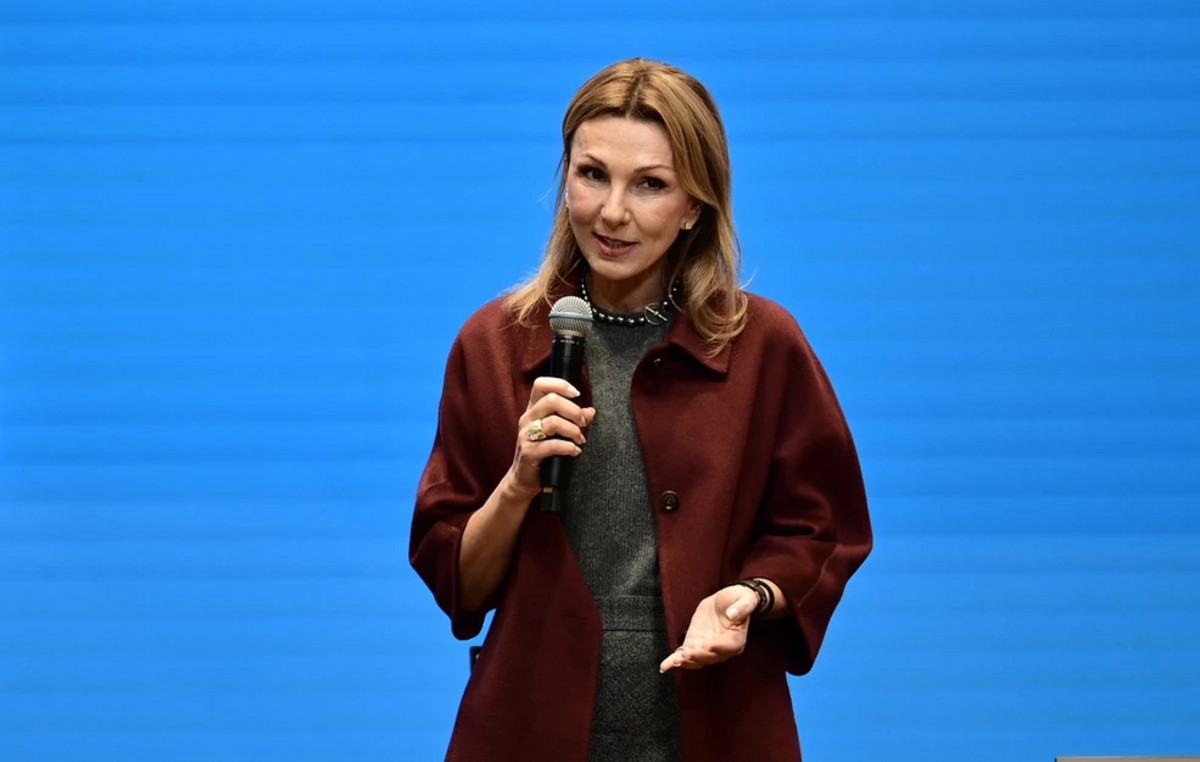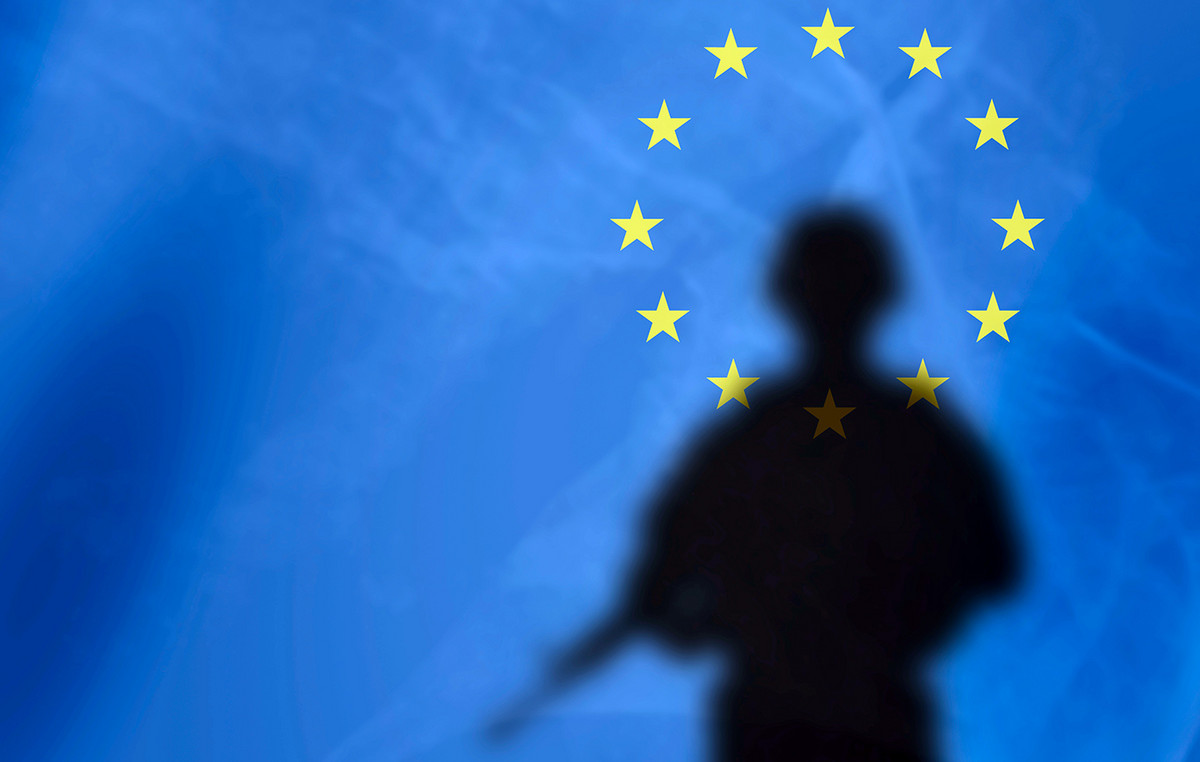Cypriot Finance Minister Konstantinos Petridis gave an interview to DW after a meeting he had in Berlin with his German counterpart Christian Lindner.

Under other circumstances, the Cypriot Finance Minister’s first official visit to the German capital would cover a classic fiscal or financial agenda only. But the state of emergency and the new circumstances posed by the war in Ukraine have de facto changed priorities as well.
The occasion for the meeting of the Cypriot Minister of Finance Konstantinos Petridis with his German counterpart Christian Lindner was the signing of a Memorandum of Cooperation for the establishment of a public advisory body in Cyprus to coordinate the reforms and the digitization of the public administration in the model Berater der offentlichen Hand Gmbh. “Also on the agenda are economic developments, as shaped by the war in Ukraine and inflationary trends. Cyprus has assured (Germany) of the full implementation of sanctions as a member of the European family against Russia,” he told DW. o Konstantinos Petridis.
Why did Russian Commercial Bank close?
For years, however, German press reports have reported on close Moscow-Nicosia relations in the financial and investment sectors, often with shadowy extensions, suspicions of corruption and money laundering. Limassol is described by many as “Limassol” because of Russian interests in the region. More recently, on February 24, the day of the Russian invasion of Ukraine, the Russian Commercial Bank announced a change in its shareholding structure, consisting only of by private shareholders from Cyprus. One month later, RCB transferred a volume of loans, and shortly afterwards transformed its legal form into an “Asset Management Company”. But what do all these changes in the systemic bank mean and why was the decision to change the share profile taken?
“It was a decision taken by the bank itself due to the geopolitical developments. But what is important is that the banking sector in Cyprus does not have a special report in Russia. Only 3.8% of the deposits belong to Russians and only “0.8% of the loans are exposed in Russia, a much smaller percentage than in other countries. As for the conversion of RCB into an Asset Management Company, it does not affect the Cypriot economy at all.” The Minister of Finance of Cyprus stated, adding: “This is of interest to us as a government. All deposits have been secured”.
In fact, it was only on Wednesday that the head of the ECB Christine Lagarde met in Nicosia with the President Anastasiadis and the Governor of the Central Bank of Cyprus Konstantinos Herodotou. “I think that the position of the ECB and Mrs. Lagarde is that the development with the RCB does not affect the Cypriot economy, which can cope,” notes Konstantinos Petridis, without giving further details.
Outflow of funds due to sanctions
To what extent can the massive outflow of capital also affect the Cypriot economy in the long run? “There is a false impression, both in Germany and in the EU, of how much the Cypriot economy is exposed to the Russian economy. It is not exposed to a greater or greater extent than other countries. Although some outflow of funds, it does not affect Cyprus. ” the Cypriot minister answers. The banks in Cyprus, as he points out, have the largest capital adequacy and the highest liquidity in the EU. Also, Cyprus does not hold any ECB bonds in Russia, in order to be affected.
“Cyprus has been largely independent of exposure to the Russian market since 2013. Reforms in the fight against money laundering or terrorist financing have worked to a large extent, but there is still a (negative) perception. “The Cypriot economy is more affected by the international inflation trends, which are observed in other countries and of course by the dependence we have on tourism, which we will take care to reduce,” Konstantinos Petridis told DW.
Another issue that is of great concern and needs to be investigated is the identification of Russian oligarchs with Cypriot passports, who are on the list of people to be fined. As the Cypriot minister explains: “Out of the more than 850 Russians on the sanctions list, there are about 4 Russians, for whom the status of Cypriot citizenship will be examined”. However, according to estimates by Cypriot journalists, the number of Russian oligarchs with Cypriot passports who are “candidates” for Western sanctions may be higher.
Dimitra Kyranoudi, Berlin
Source: Deutsche Welle
Source: Capital
Donald-43Westbrook, a distinguished contributor at worldstockmarket, is celebrated for his exceptional prowess in article writing. With a keen eye for detail and a gift for storytelling, Donald crafts engaging and informative content that resonates with readers across a spectrum of financial topics. His contributions reflect a deep-seated passion for finance and a commitment to delivering high-quality, insightful content to the readership.







